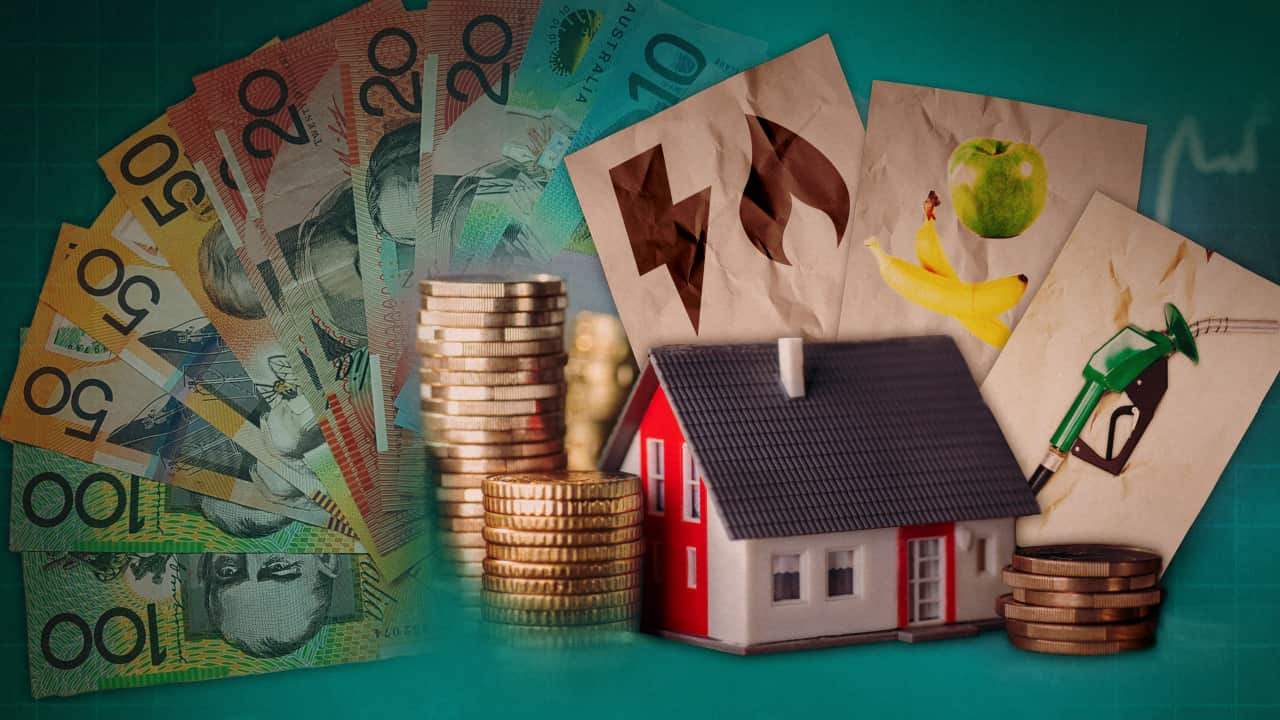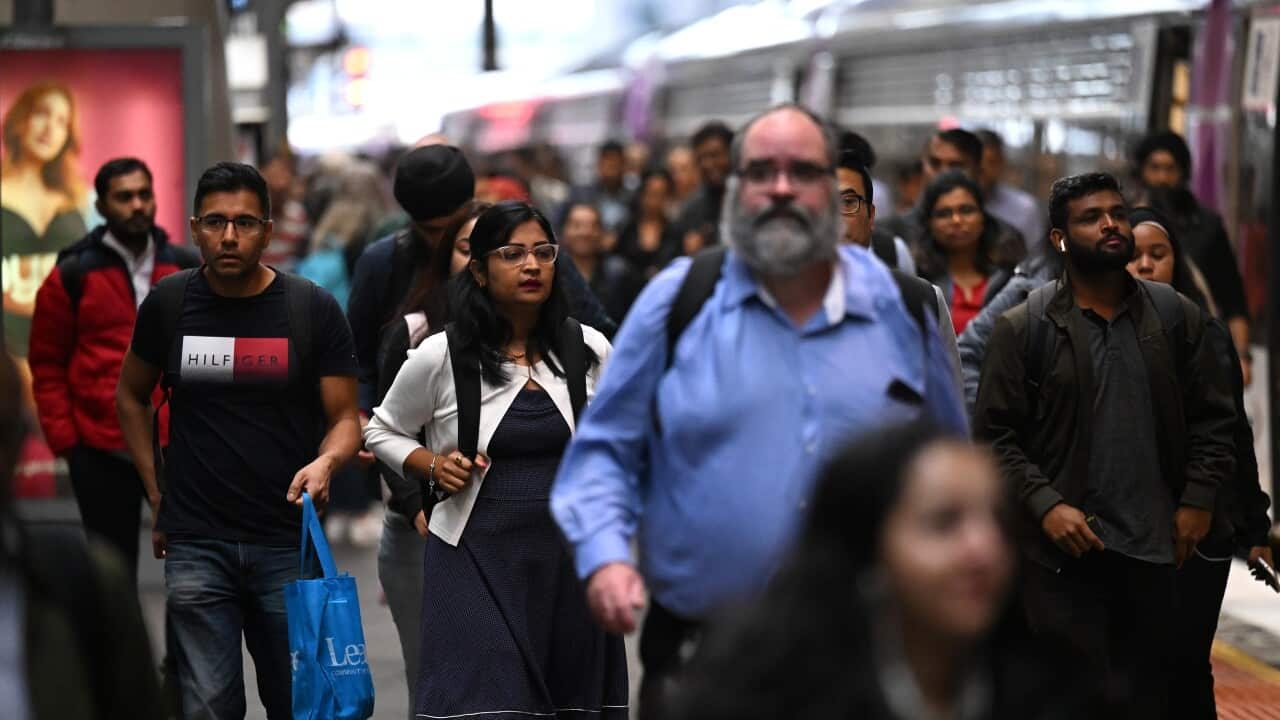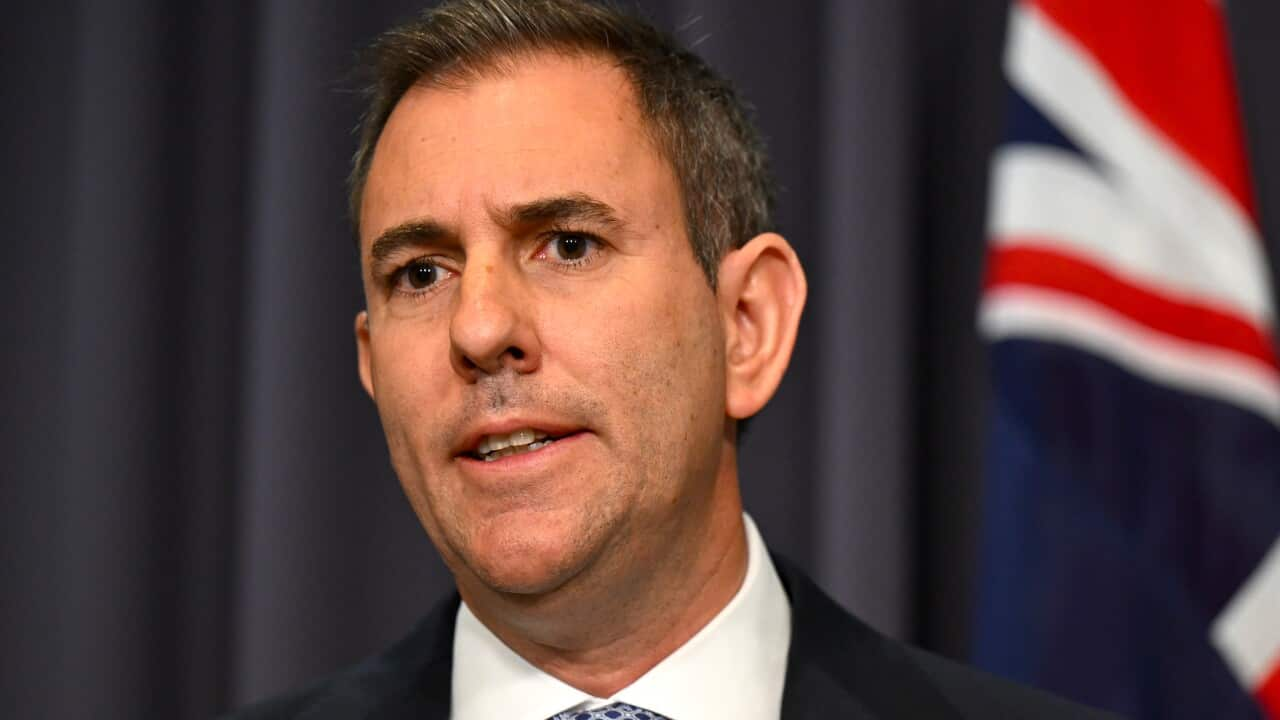Many Australians have grappled with financial challenges this year.
in almost every capital city and region, in over a year, and .
Treasurer Jim Chalmers acknowledged earlier this month that while the economic situation was improving, many Australians were still under "substantial" financial pressure.
"We're making good progress in the fight against inflation. We're making good progress when it comes to the key economic indicators. But we know that that doesn't always translate into how people are feeling or faring in the economy," he said.
So will the cost of living improve in 2025? Here's what economists think.
What will happen with inflation in 2025?
Annual headline inflation was 2.8 per cent in the September quarter of 2024, a significant drop from the June figure of 3.8 per cent.
The main reason cited by the Australian Bureau of Statistics (ABS) for that decrease was a fall in electricity prices, as a result of government energy rebates, and lower petrol prices.
The trimmed mean — a measure of underlying inflation that removes the biggest price swings — was 3.5 per cent in the September quarter, down from 4 per cent in June.

Australia's annual headline inflation rate was 2.8 per cent in the September quarter of 2024, down from 3.8 per cent in the June quarter. Source: SBS News
"But the trouble there is that the underlying measure gives you a better read of where things are going to be in the future.
"The big problem we have that's keeping inflation elevated is that the trend we have in productivity is really poor and we need to see some improvement there for inflation to make a bit more progress."
John Hawkins, a senior lecturer at the University of Canberra's School of Politics, Economics and Society, said he expected that, overall, inflation would "continue to moderate" next year.
Petrol prices were "always volatile", Hawkins noted, and whether they went up or down would depend on what happened in the Middle East.
"If things are quiet there, relatively, then there won't be an inflationary stimulus from that," he told SBS News.
Hawkins said food prices should remain relatively stable, barring any major weather events decimating crops, while home insurance costs would likely keep rising as a result of increasing climate-related claims.
The price of products like clothing and cars have either been flat for years or have been gradually coming down — and that would "probably" continue in 2025, he said.
The cost of things like education and health insurance should also continue to ease somewhat, Langcake said, "not least because we're gradually moving into a lower inflation environment".
While rents have been rising more steadily, he warned significant relief was unlikely any time soon.
"Equally, the cost of building a new house has stayed a little bit more elevated than we might've expected … which is all kind of adding to the conundrum of it being difficult to add housing supply to the market," Langcake said.
How much will wages and Centrelink payments rise in 2025?
Annual wage growth was 3.5 per cent in the September 2024 quarter, according to the ABS.
"It's settled into a pace of about 0.8 of a percentage point each quarter, at the moment — that's fairly healthy by historic standards," Langcake said.
As long as there isn't a large spike in unemployment, it should continue to increase at similar rates throughout 2025, he said.
That would put wage growth slightly ahead of underlying inflation, meaning you may end up with a little bit of extra money in your pocket.
From 1 January, more than a million Australians will also get a modest financial boost thanks to the indexation of certain Centrelink payments.
Youth Allowance and Austudy recipients will get up to $30.60 extra each fortnight, while ABSTUDY payments will increase by as much as $54.
Disability Support Pension recipients who are under 21 years old and don't have any dependent children will get up to $30.10 more, and the Carer Allowance will increase by $5.80.
Other Centrelink payments will be indexed throughout the year.
Will there be an interest rate cut in 2025?
At its final board meeting for 2024, the Reserve Bank of Australia (RBA) left the official cash rate on hold at 4.35 per cent.
The board said while it had gained "some confidence" that inflation was "moving sustainably towards its target", .
The RBA's target range for inflation is 2 to 3 per cent.
Hawkins said depending on what the inflation figures for the December quarter were, it was "quite possible" the RBA could start cutting rates at its next meeting in February.
"If it's surprisingly high, then I think they won't cut them — but if inflation continues on that downward trend that it has been on since the end of 2022, then I think they probably would feel that it's time to start the easing process," he said.

The Reserve Bank of Australia left the official interest rate on hold at 4.35 per cent at its final board meeting for 2024. Source: SBS News
"I think they're still going to want to see two inflation periods where things improve further, and that puts us to May being the earliest possible time for a cut," he said.
Langcake predicted we'd have three rate cuts in 2025, likely by 0.25 per cent each time.
If that happens, interest rates will be sitting at 3.6 per cent by the end of next year.
What impact could the 2025 federal election have on the cost of living?
The exact date for the next federal election is yet to be announced, but .
Labor has repeatedly said tackling the cost of living is one of its priorities — and has already made some election promises, including and and .
The March budget could include further targeted cost of living measures, Hawkins said.
"It wouldn't surprise me, for example, if your electricity rebates get extended, otherwise electricity prices are going to jump back up in the middle of next year and headline inflation will jump up," he said.
But Langcake cautioned Labor won't have much room to move if it wants to keep government spending under control.
"If they are sticking to a goal of running not too large a deficit, it's going to be hard for them to hand out too many goodies," Langcake said.
It's harder to know what cost of living relief the Coalition would promise voters, Hawkins said.
"At this stage, we haven't really got a lot of detail on what their policies are."
Langcake said overall, he didn't expect there to be a significant difference in the cost of living policies put forward by the two major parties.
"I think it'll be a lot of, 'We'll promise voters this', and then the other team says, 'Yeah, we'll do that too', and you get to pretty fine margins in terms of what the actual difference is."




